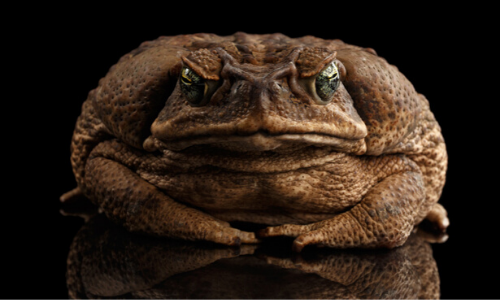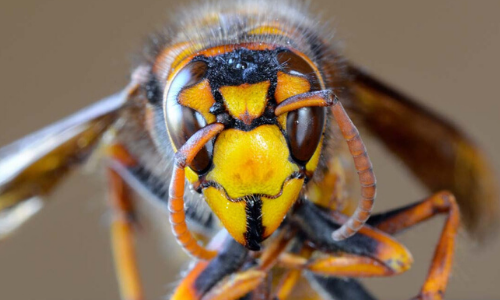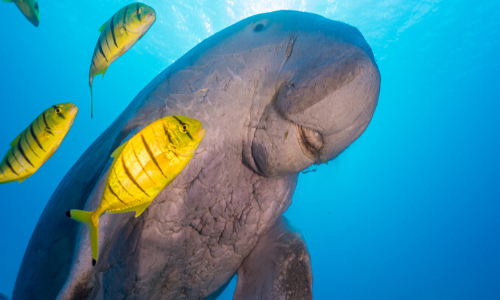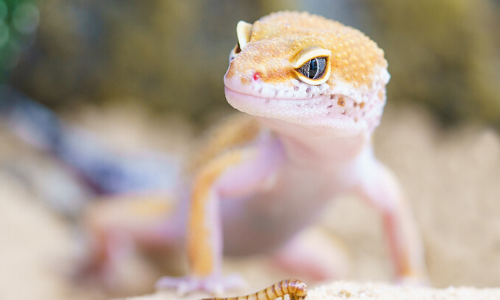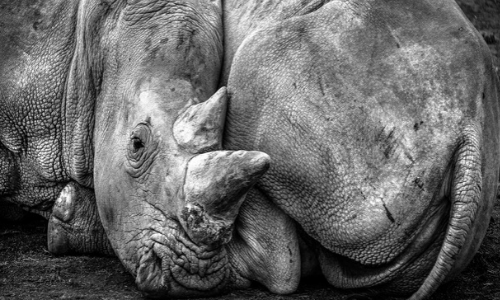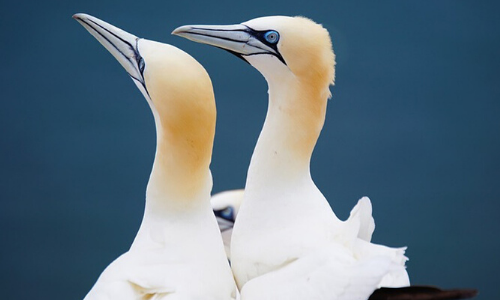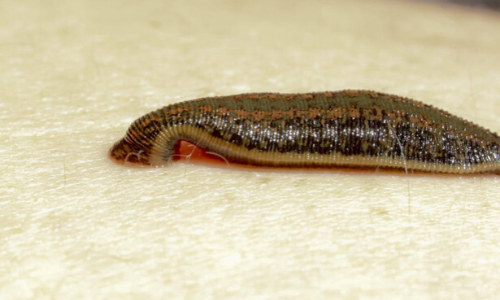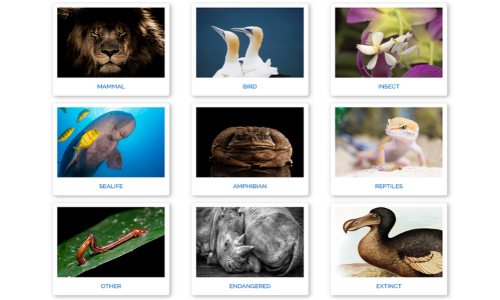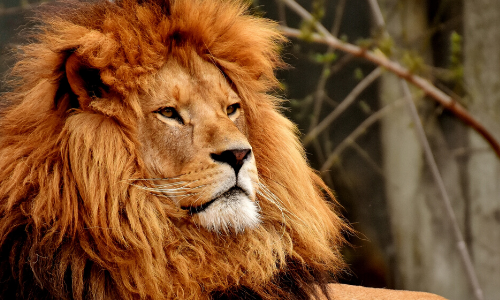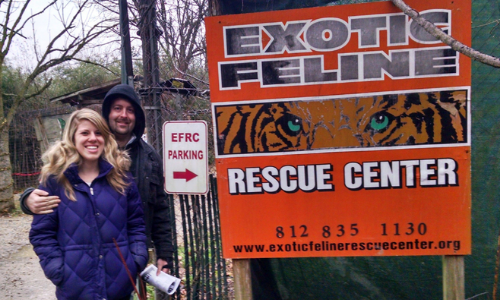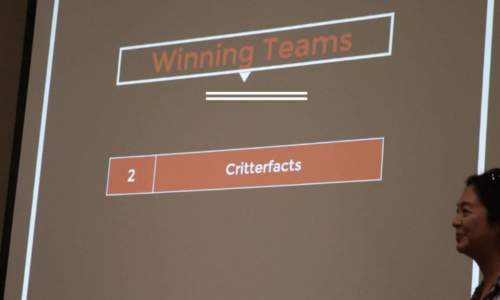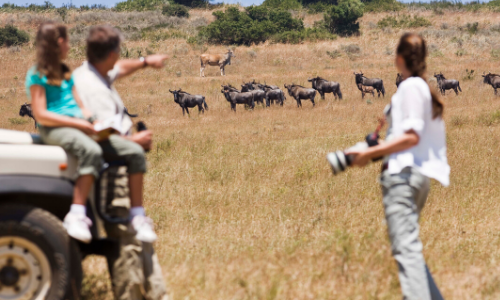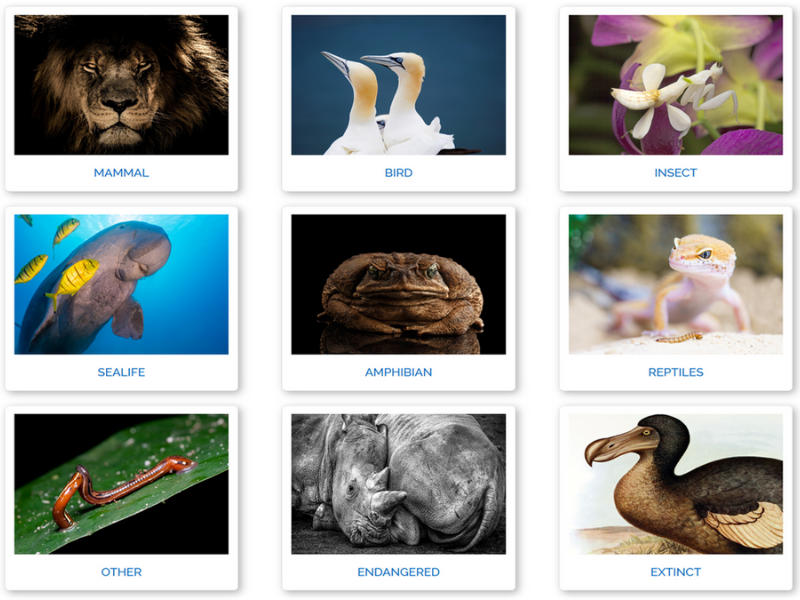One of the most common questions I get asked is, “How do I become an aquarist or zookeeper?” I do my best to paint an accurate picture of my job because it’s not just playing with animals and SCUBA diving all day. Animal husbandry is a lot of hard work. I’d say 80% of my job is cleaning.
So if you aren’t detail-oriented and you don’t like cleaning up after yourself and others, you might put your animal care goals in a box for another time in your life. There’s such a broad range of ways to build a career caring for animals, so I will do my best to cover commonly used pathways and my own experiences.

Image by Dani Jensen
Where do you start? Well, if you are still in high school, you can get a part-time animal-related job, or volunteer at your local zoo/aquarium. Working part-time at a local fish store, pet store, or veterinary office will give you an early sneak peek at the type of work in which you are interested. Most zoos and aquariums have volunteer programs for high school-age kids, and these programs will get you up close with people who are in the field.
Having a four-year college degree was not as critical for being a zookeeper years ago, but in recent years, its a pretty standard baseline for applying to animal care jobs. Pursuing a degree in biology, zoology, environmental science, ecology, or related subject is usually my first piece of advice when young people ask me how to get a job like mine. Some job postings will state that they will accept an equivalent amount of experience in place of a degree, so if four years of expensive schooling isn’t in your cards, don’t give up hope, there are other ways.
No matter your age, or schooling level, or location the absolute best way to get your foot in the door of this field is through volunteering and internships. This is how to gain experience, build your resume, network with people already in the field, and work towards your own full-time career. These opportunities are a critical part of any career pathway, whether you had formal education or not.
If you are in college, I always suggest doing as many internships as possible while you are in school. One of the problems with this part of the journey is that these positions are hardly ever paid, which means you also have to support yourself in some other way. Internships are the best way to get real-life experience, but more importantly, they are the moments when you are in the belly of the lion and you can decide if this career field is really what you want.

Image by Dani Jensen
Now that you’ve gotten the general gist of some pathways to get here, I’ll share how I did it. While I was getting a four-year degree in marine biology, I did a specialized semester in the field and did a year-long internship at a small aquarium. After graduating I got an entry-level aquarist job at a zoo in Texas, but I applied to somewhere around 43 jobs before landing that one shortly after graduating. The job hunt is a very hard part of the equation, but maybe we will save that for another blog post.
If you’re interested in animal care as a career or have a child who is interested, I hope you found at least a couple of answers here. The great thing about this field of professionals is that we all took so many different pathways to get here, but we all deeply love what we do, and usually we can’t imagine doing anything else.


